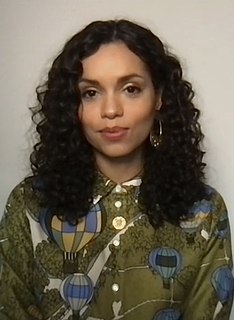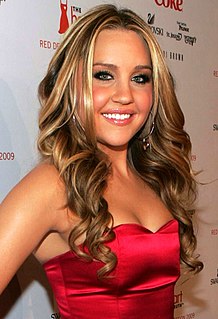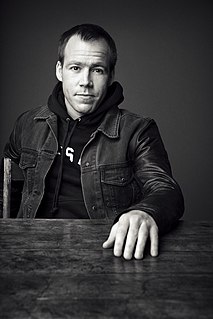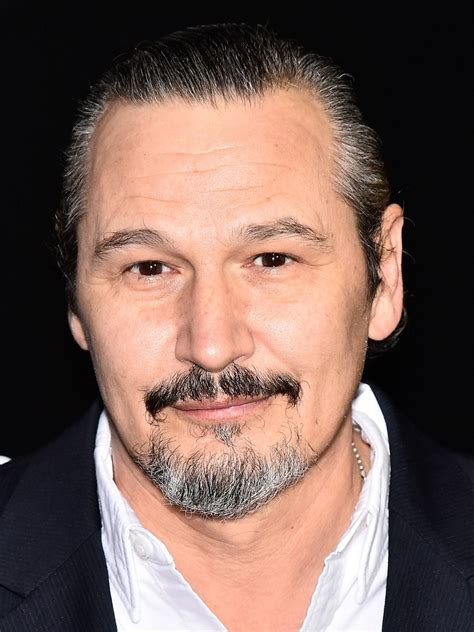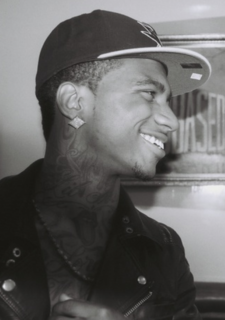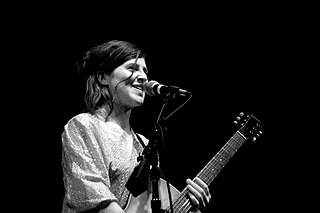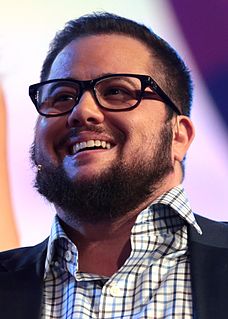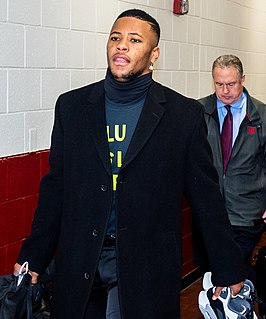A Quote by Talib Kweli
I think once you're in the public eye, whether you're a boss, a teacher or whatever you do, that you're automatically in the position of role model. You have people looking up to you, so whether you choose to accept it or not is a different question.
Related Quotes
I've learned that success comes in a very prickly package. Whether you choose to accept it or not is up to you. It's what you choose to do with it, the people you choose to surround yourself with. Always choose people that are better than you. Always choose people that challenge you and are smarter than you. Always be the student. Once you find yourself to be the teacher, you've lost it.
I think you have to embrace being a role model because you are in the public eye, and whether you like it or not, people are going to be affected by you positively or negatively, ... Public-wise, I really wouldnt do anything that would be detrimental to anybody else or to myself. And to a certain extent, I try to watch out and try not to do anything that would be bad for kids to see.
The first question that I ask : do I have public support or not. That is the first question that I asked as President. If I don't have the public support, whether there's the so-called "Arab spring" - it's not spring, anyway - but whether we have this or we don't, if you don't have public support, you have to quit, you have to leave. If you have public support, in any circumstances you have to stay. That's your mission, you have to help the people, you have to serve the people.
When movies tend to start to preach to me, I tend to shut them off, whether I agree with the message or not. I don't think the job of art is to preach, I think it's to ask questions and make people aware of differences and different ways of looking at things. That's what I want to do, anyway. Whether I'm successful or not, that's up to history.
I'm a product of the different - whether it be institutional racialism, whether it might be growing up in a low-income area, whether it might be, you know, coming from my mother, my father. I'm a totally different person from my mother and father, but once again I'm from them. We all have our different souls, but I'm from them.
I think that there is a purity aesthetic, like "I just make art because I'm an artist and I can't help it. I don't care what the critics say." But different mediums have a different relationship with the public. If you're in a performing medium it's hard not to place some weight on whether or not people come to your shows, or whether or not they're enjoying them.




